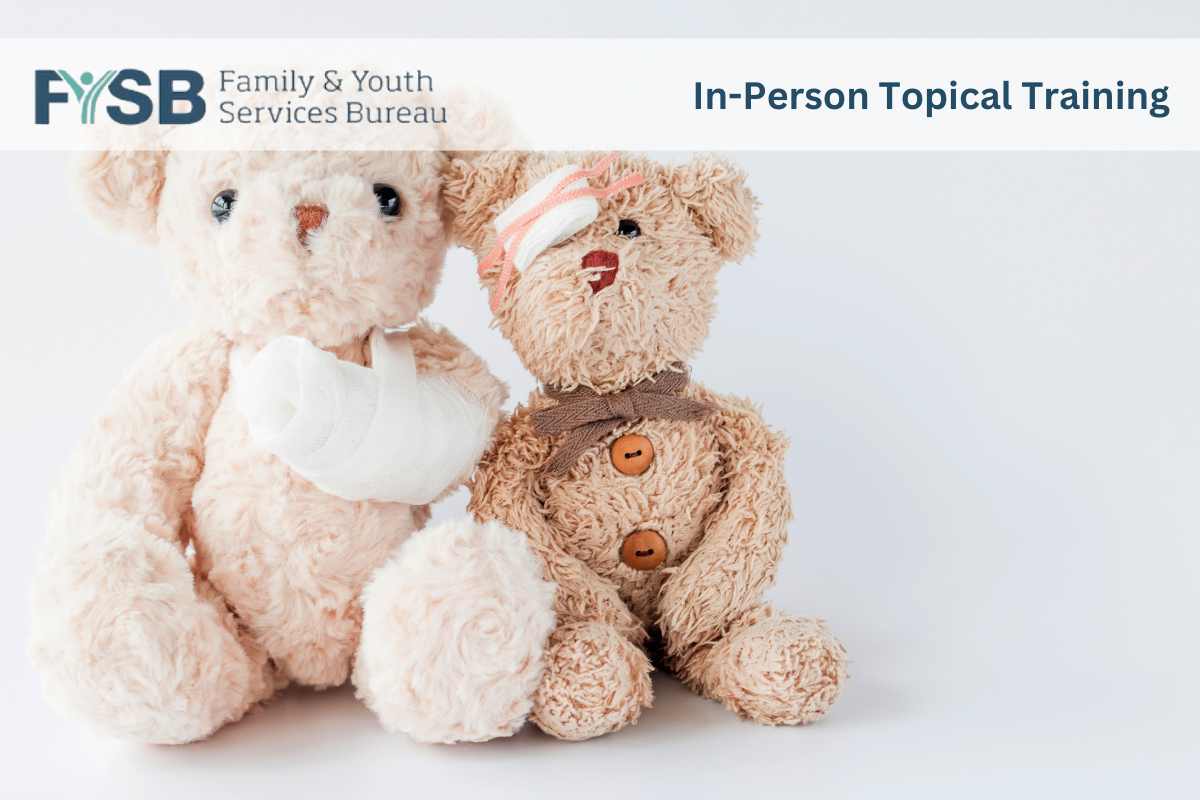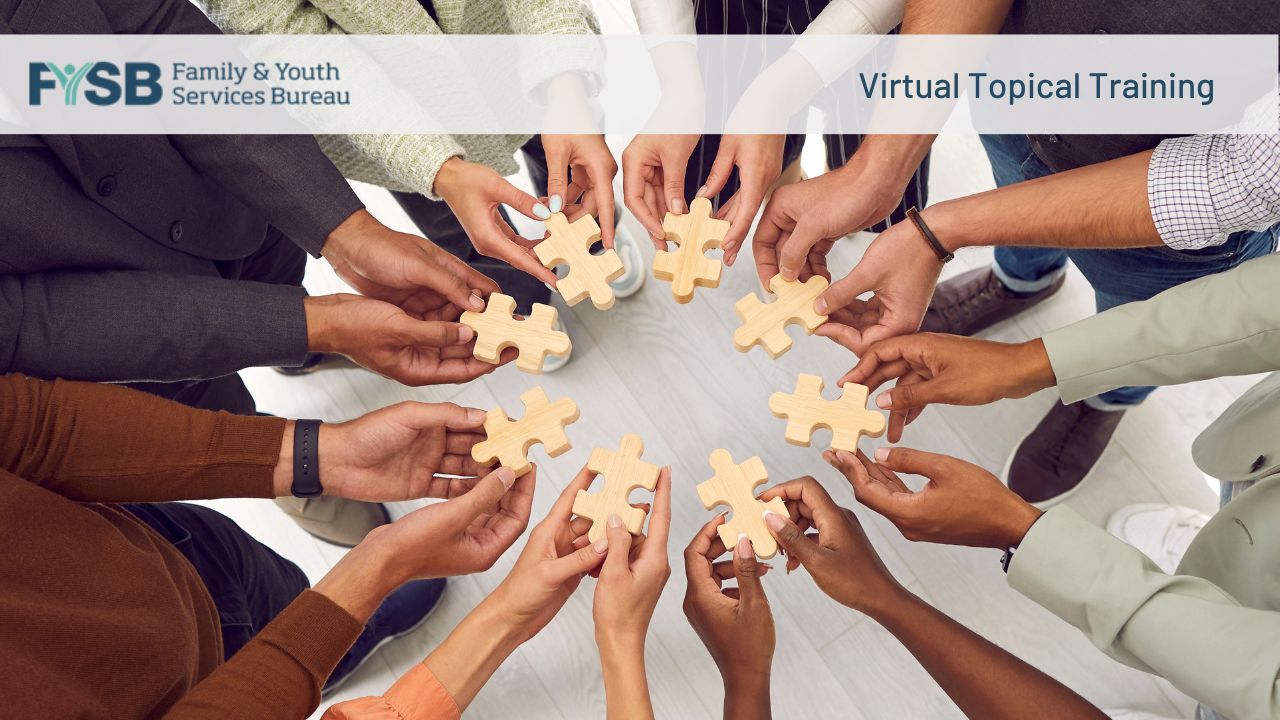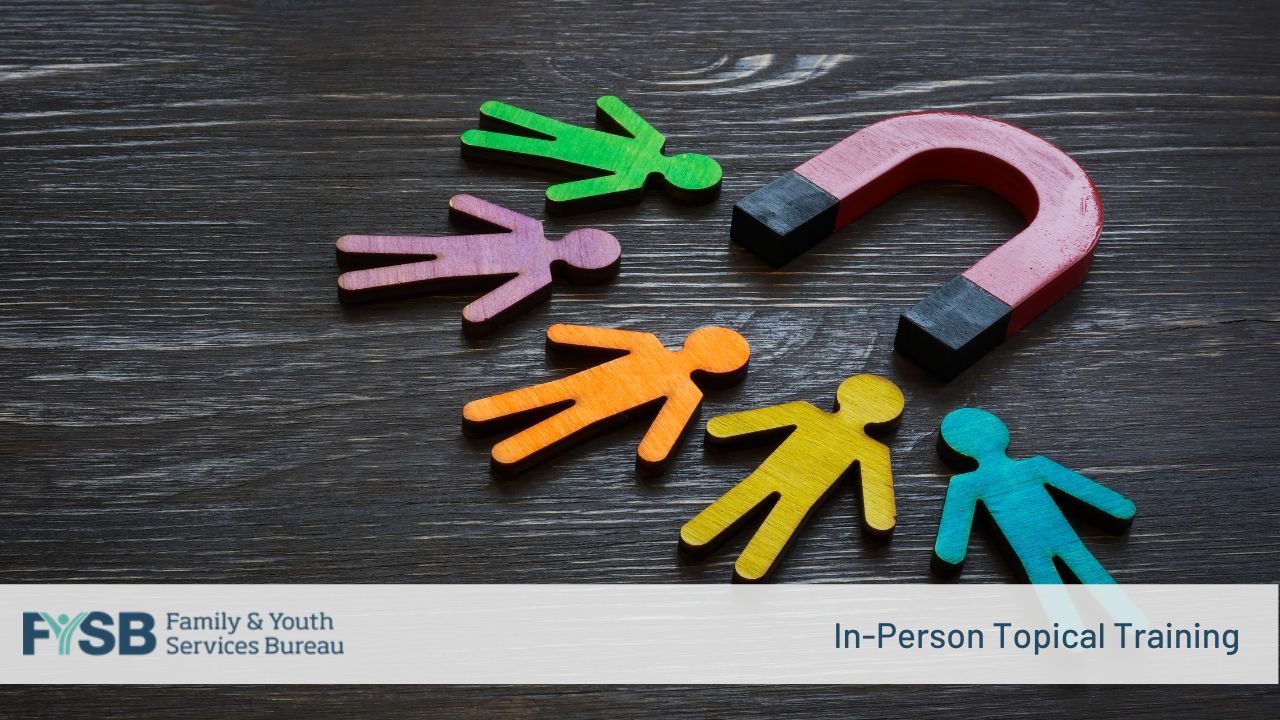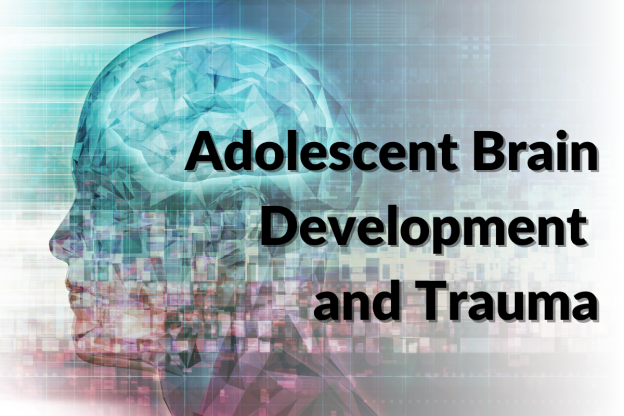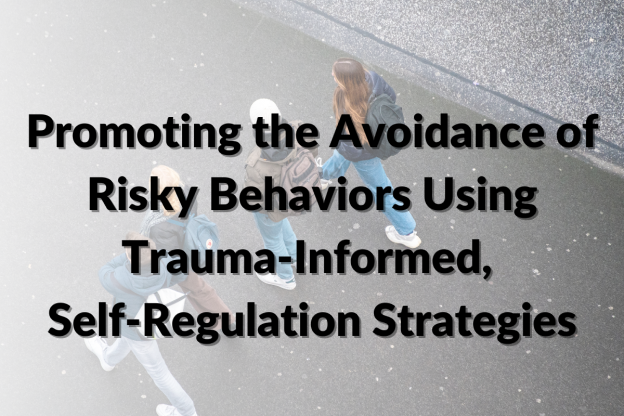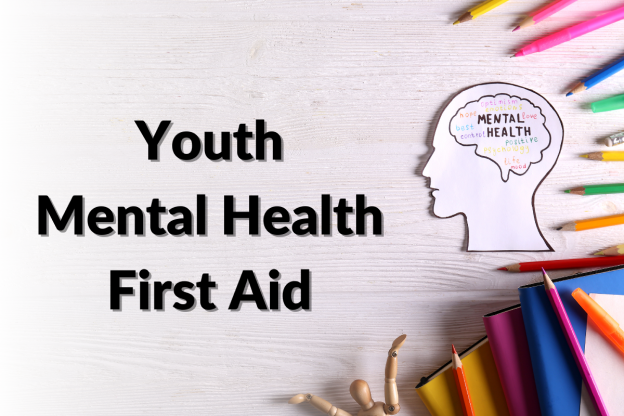Concluded Trainings
- Audience:
- srae
- Location:
- Virtual
Unlock the Power of Social Media to Support Youth Well-Being: A Two-Part Webinar Series
This training has concluded.
Webinar series to help grantees support youth in building healthy social media habits, managing screen time, sharing safely, recognizing the signs of excessive or problematic social media use, and understanding the benefits of social media, all while protecting their physical safety and mental health.
Dates:
to , to
- Audience:
- srae
- Location:
- Charlotte, NC
Trauma Informed Facilitation of SRAE Programming
This topical training was held on November 19-20, 2024, in Charlotte, North Carolina. During this training, attendees learned how trauma presents in youth aged 10-19, trauma theories and brainstormed how trauma informed principles can be applied to facilitation.
This training has concluded.
Click here to access the resources for this topical training.
Dates:
to
- Audience:
- prep
- Location:
- Virtual
Program Management
Program management is critical to ensure the successful planning, implementation, and evaluation of adolescent pregnancy prevention programs. This four-session virtual training will equip grantees with knowledge, skills, and resources to align program activities with legislative and NOFO requirements. Grantees will also learn tips and strategies to enhance program management and administration.
This training has concluded.
Dates:
to , to , to , to
- Audience:
- prep
- Location:
- Nashville, TN
Recruitment, Retention, and Classroom Management
Recruiting and retaining youth is critical to the success of adolescent pregnancy prevention programs. Developing and executing a recruitment and retention strategy takes forethought, diligence, and in depth understanding of program data. This two-day training workshop will equip grantees with knowledge, skills, and resources to better understand how to use program data to inform recruitment and retention. Grantees will also learn how to expand partnerships beyond schools and other common community-based entities.
This training has concluded.
Dates:
to
- Audience:
- prep
- Location:
- Denver, CO
Life Interrupted: Moving Beyond Adolescent Brain Development and Trauma
The two-day PREP Topical Training, Life Interrupted: Moving Beyond Adolescent Brain Development and Trauma, will equip grantees with knowledge, skills, and resources to better understand adolescent brain development and under what circumstances adolescents are more likely to make risky decisions and why. Grantees will also learn how to apply trauma-informed strategies to decrease unhealthy risk-taking behaviors.
This training has concluded.
Dates:
to
- Audience:
- srae
- Location:
- Virtual
Promoting the Avoidance of Risky Behaviors Using Trauma-Informed Self-Regulation Strategies
This two-day training will equip grantees to better understand under what circumstances adolescents are more prone to making risky decisions and why. Grantees will learn how the brain and cognitive development shape decisions adolescents make, and what factors may lead to healthy versus unhealthy risk-taking. Grantees will also explore the intersectional nature of trauma and the potential negative impact this can have on adolescent health. Grantees will be equipped with tools they can employ with adolescents to increase the use of self-regulation to decrease unhealthy risk-taking behaviors.
This training has concluded.
Checkout the recordings and materials from the training.
Dates:
to , to
- Audience:
- prep
- Location:
- Virtual
Youth Mental Health First Aid: Identify. Understand. Respond.
Adolescence is an important period when youth develop social and emotional habits for mental well-being. Yet depression, anxiety, and behavioral disorders are common causes of illness and disability among youth. When unaddressed, mental health challenges can have far reaching effects that limit opportunities for youth to lead fulfilling adult lives. This two-part training will equip and empower grantees with knowledge, skills, and resources to identify and refer youth with mental health and substance use challenges to support services in their communities.
This training has concluded.
Dates:
to , to

